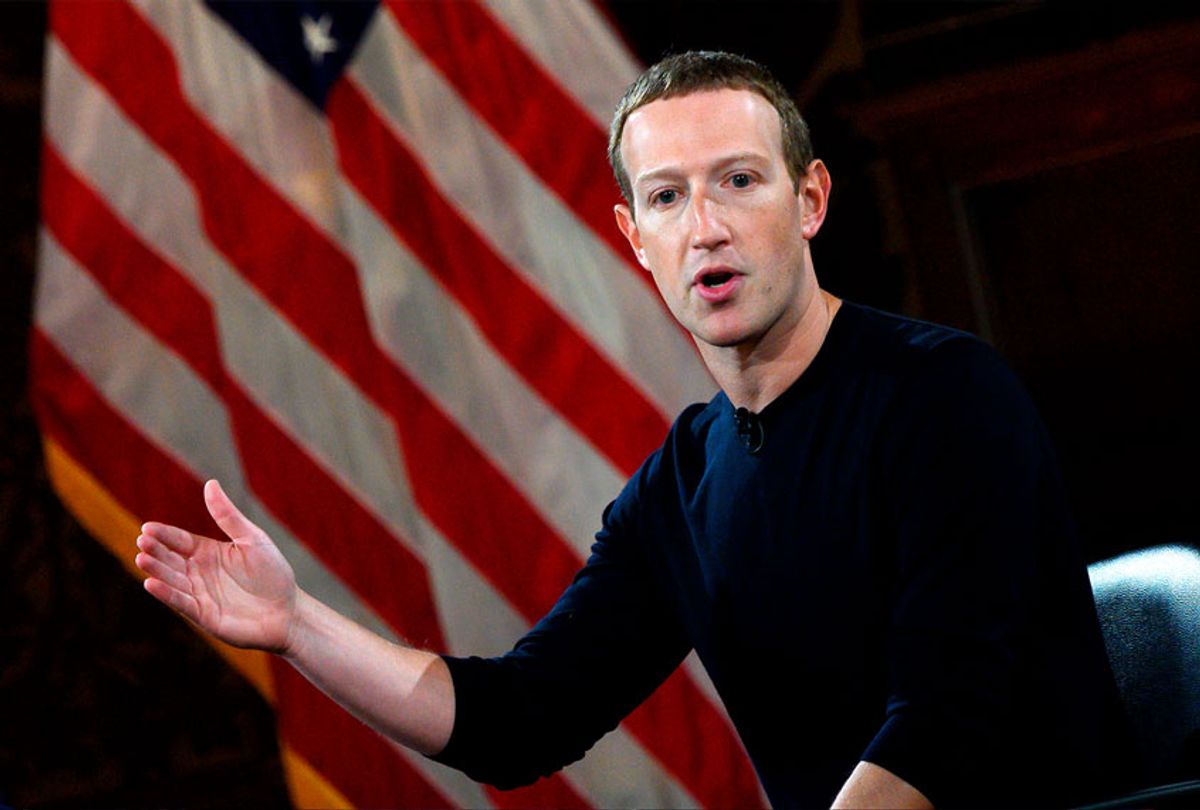An in-depth report says Facebook has been a boon to those who spread misinformation about health, with billions of people being exposed to pseudoscience within the last year — a development that raises further questions about whether Facebook is using its vast power responsibly.
According to a report published by the nonprofit activist group Avaaz, "global health misinformation spreading networks spanning at least five countries generated an estimated 3.8 billion views on Facebook in the last year," with the report's study concluding in May 2020. In April 2020, when the coronavirus pandemic was reaching a peak worldwide, websites peddling medical misinformation managed to garner 460 million views. The top 10 websites spreading health misinformation received almost four times as many views as the websites of 10 reputable health institutions, including the Centers for Disease Control and Prevention (CDC) and the World Health Organization (WHO). Because Facebook only reveals the number of interactions for certain types of posts rather than the number of views, Avaaz multiplied the number of reactions that specific posts received to estimate their views.
Despite the proliferation of pseudoscientific sources on their platform, Facebook only affixed a warning label to 16 percent of the posts included in Avaaz's analysis. After identifying a "some of the most high profile serial health misinformers," including Realfarmcy and GreenMedInfo, Avaaz argued that Facebook should offer independently fact-checked corrections to content with inaccurate information and changing the algorithm to downgrade misinformation in users' News Feed.
"We share Avaaz's goal of limiting misinformation, but their findings don't reflect the steps we've taken to keep it from spreading on our services," Facebook spokesman Andy Stone said in a statement. "Thanks to our global network of fact-checkers, from April to June, we applied warning labels to 98 million pieces of covid-19 misinformation and removed 7 million pieces of content that could lead to imminent harm. We've directed over 2 billion people to resources from health authorities and when someone tries to share a link about covid-19, we show them a pop-up to connect them with credible health information."
Salon reached out to Facebook for comment and has not received a reply.
This is not the first time that Facebook has been accused of being lax or irresponsible in curating its content — or of having a bias towards promoting fringe conspiracy theories. In 2018, Facebook brought on lobbyist and former Arizona Republican Sen. Jon Kyl to advise them on fighting supposed anti-conservative bias on their platform, even though the data had proved that this did not exist. That same year the company admitted that its platform had been used to help perpetrate genocide in Myanmar, and earlier this month filed an opposition to an application by The Gambia to obtain information from the company that would help it hold Myanmar accountable at international court.
In 2019 Facebook was fined after its falsified video data undermined a number of legitimate news outlets, and CEO Mark Zuckerberg was widely criticized for deciding not to remove political ads that spread blatant misinformation. This year Facebook again faced public rebuke after the Tech Transparency Project released a report on how Facebook-owned Instagram appeared to filter anti-Trump content while promoting anti-Biden posts. Facebook attributed the discrepancy to a "bug."
It was also revealed earlier this month that, according to internal reports from employees, right-wing pages on Facebook are given preferential treatment over left-wing pages. Facebook was accused of firing a senior engineer who compiled evidence of the bias and brought it to the company's attention, although Facebook says the employee was terminated "because they broke the company's rules."
On Wednesday Facebook claimed it was purging misinformation by banning roughly 900 pages and groups and roughly 1,500 ads tied to QAnon, a pro-Trump conspiracy theory without factual basis which holds that the president is fighting an elite cabal of pedophiles and Satanists who secretly run the world.



Shares